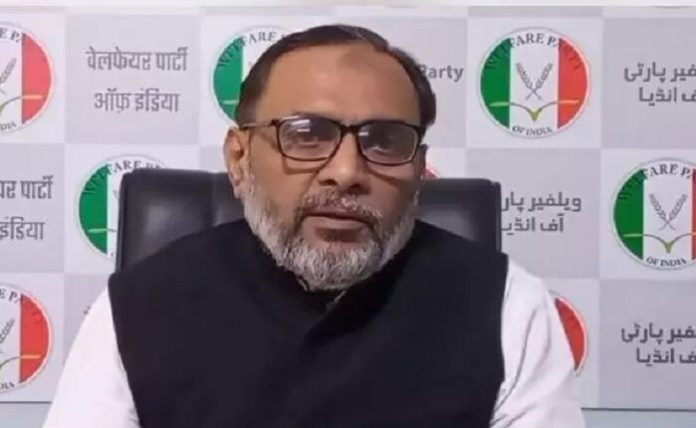New Delhi : The Welfare Party of India has welcomed the government’s decision to include caste-based data in the upcoming national census, emphasizing that the statistics must be used to promote social justice rather than to serve political interests, reported the Dawat News.
Dr. S.Q.R. Ilyas, National General Secretary of the Welfare Party of India, stated that the inclusion of caste enumeration in the national census is a long-pending and essential demand. It is crucial for the empowerment of socially and economically backward communities. He stressed that the aim of this initiative should be inclusive development and the promotion of social equity.
Dr. Ilyas urged the central government to conduct not just a caste census, but also a comprehensive socio-economic and educational survey. He emphasized that such data is vital for framing policies that uplift marginalized groups.
However, he expressed caution over the motives behind the move. He warned that the Modi government’s decision, although welcomed, must also be viewed with scrutiny. There is concern that it might be a strategic attempt to divert public attention from pressing national issues or to engineer new caste-based electoral equations for political gain.
He further remarked that the caste census could be used to appease specific vote banks or create divisions for electoral advantages. Referring to the recent terrorist attack in Pahalgam, Dr. Ilyas speculated that the move might also be aimed at deflecting criticism directed at the government.
He voiced concerns about the potential misuse of caste data by the ruling BJP to deepen caste divisions during elections. He emphasized that the census is a complex task requiring significant resources and robust infrastructure. Hence, the government must ensure transparency and accuracy in data collection.
Highlighting the diverse caste structures across Indian states, Dr. Ilyas underscored that the census must respect constitutional provisions and federal principles. He urged the government to involve experts from sociology, law, and statistics to ensure the process is scientifically sound and effective.




